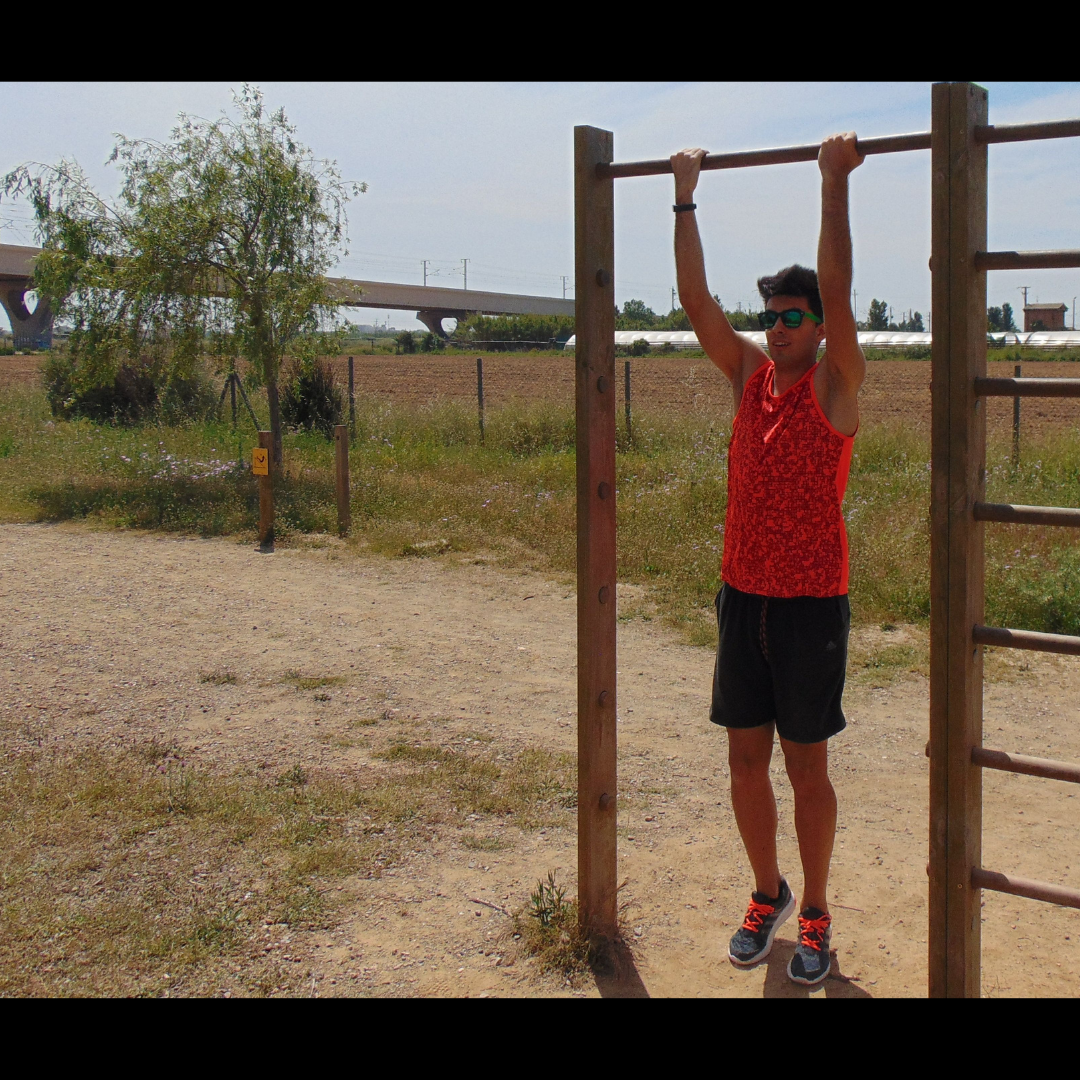There is nothing quite like a new year’s resolution to get you starting something. That’s really the easy bit, the tough bit is keeping it up. You’re likely feeling fat and unfit after a festive season of excess, and whilst it is good to indulge ourselves now and again, let’s be honest if you carry on with that trajectory, you’re likely to have more than a few kilos by this time next year, you might even pick up a few illnesses and long term issues along the way too. Remember that low fitness kills more people than smoking, diabetes and obesity combined. Ref: https://blogs.bmj.com/bjsm/2011/06/17/suffering-from-smokadiabesity-physical-activity-can-lower-your-risk-of-death/ and that physical inactivity is associated with a higher risk for severe Covid19: Ref: https://bjsm.bmj.com/content/55/19/1099 If it’s not just your body you are worried about Google ‘Scholarly articles about the psychological benefits of exercise’ and you will find literally thousands of articles talking about combatting stress, decrease in suicidal thoughts, improved self-esteem, academic improvements in children, improved mood and quality of life etc etc. Exercise really is medicine.
Ways to ensure you keep the new fitness regime up:
1) Don’t go too hard too quickly. Start not where your last regime left off 11 months ago. Start with 3 times a week at a level that doesn’t wipe you out for the rest of the day. Measuring your RPE is a great way to make sure that you aren’t overdoing it. Here’s how: https://adamvirgile.com/2018/01/16/measuring-exercise-intensity-using-a-simple-yet-accurate-method-the-rating-of-perceived-exertion-rpe-scale/ If you are starting back after a long period of absence from exercise I would target an RPE of 3-4 initially and then progress from there (slowly)
2) Find stuff that you love to do. Exercise does not have to equal gym. I do like the gym, but I’m completely addicted to virtual bicycle riding on Zwift. I am lucky enough to have a static bicycle at home, which I appreciate many don’t have. Zwift has lots of other things that drive me which I think some of you will relate to in the points to follow. Whatever it is, enjoyment is key to dedication to something. And if you don’t like any form of exercise you have tried… keep looking. It’s out there!
3) Join a group/ a class/ an online forum that makes you not only accountable, but increases your enjoyment through banter, looking out for you and encouragement. I know that I am more likely not to miss a session if I’ve signed up for a group ride than if I’m planning to do one alone.
4) Find something you are good at, or can improve at, or just be competitive at if that sort of thing excites you. I am never going to win an Olympic medal at cycling. But I may win a sprint in my category, on a day or a hill climb, or get a badge for completing something. Little things give you a real boost and increase the likelihood of return.
5) Measure your improvement: Be it lowering your resting heart rate, lifting heavier weights, increasing your FTP (cycling power), walking pace, running distance…. whatever it is, measure it every time you do it and see the improvement over time. Wearable tech like fitness watches help with this, but a good old fashioned diary works just as well.
6) Set achievable goals: I was really frustrated earlier this year when the director of the London Marathon said that ‘anyone could run a marathon if they set their mind to it’. Absolute rubbish. Not everyone is built for running marathons and you might seriously damage yourself trying!! But maybe you could run a 5k. Or swim 1km, or walk your grandkids to school. Don’t get distracted by other people’s achievements. You do you, and don’t set yourself up to fail. Be ambitious, but be fair too.
7) Get a coach: If you can afford it, get yourself a personal trainer or a strength and conditioning coach or a running coach etc … you are far less likely to miss a session if you’re paying for it, you are less likely to injure yourself if that professional is experienced, you are more likely to succeed with good technique, your goals are more likely to be attainable, and I think you are more likely to have fun. I have a great S&C coach who I see twice a week who challenges me far more than I would myself, I feel safe knowing I’m less likely to drop a weight on my head when he is around, and he makes the sessions fun, even if we are just both moaning about the same things.
8) Get the gear: you may have all the gear and no idea but putting on clothing appropriate for your activity always makes you feel the part a little bit more. Putting on you exercise clothing, even to work out at home helps to set the right tone for the workout. I always put my clothes out the night before so that I am less likely to waste exercise time sorting all that out.
9) Ring-fence time: I exercise first thing in the morning as it’s the only time of my day that I can completely control. Find your time of day to block out in your diary and commit to it and don’t be flexible about it. Health is a priority. If you don’t make time for it now you will have to make time for illness in the future.
10) Money should not be a limiting factor. There are so many free apps available for fitness and strength and they have great coaches, you can exercise at home or the garden or a park. Use old bottles filled up with sand for added load. Look on Freecycle or GumTree for people getting rid of equipment. Google bodyweight exercises if you still can’t do that. There are loads of free local events such as Park Run that do weekly 5k runs all over the world, free of charge. If you are struggling for ideas on free stuff to do to get moving, please get in touch.
Happy return to fitness and keep on moving!
Take care
Kate x









